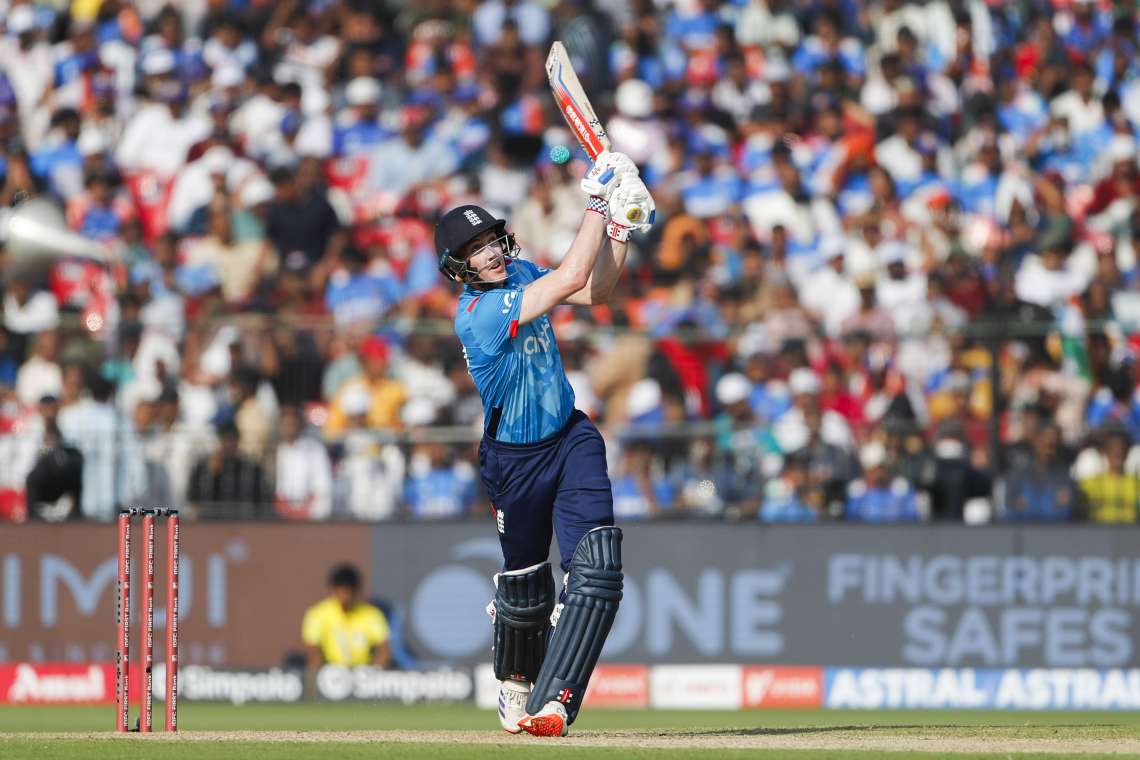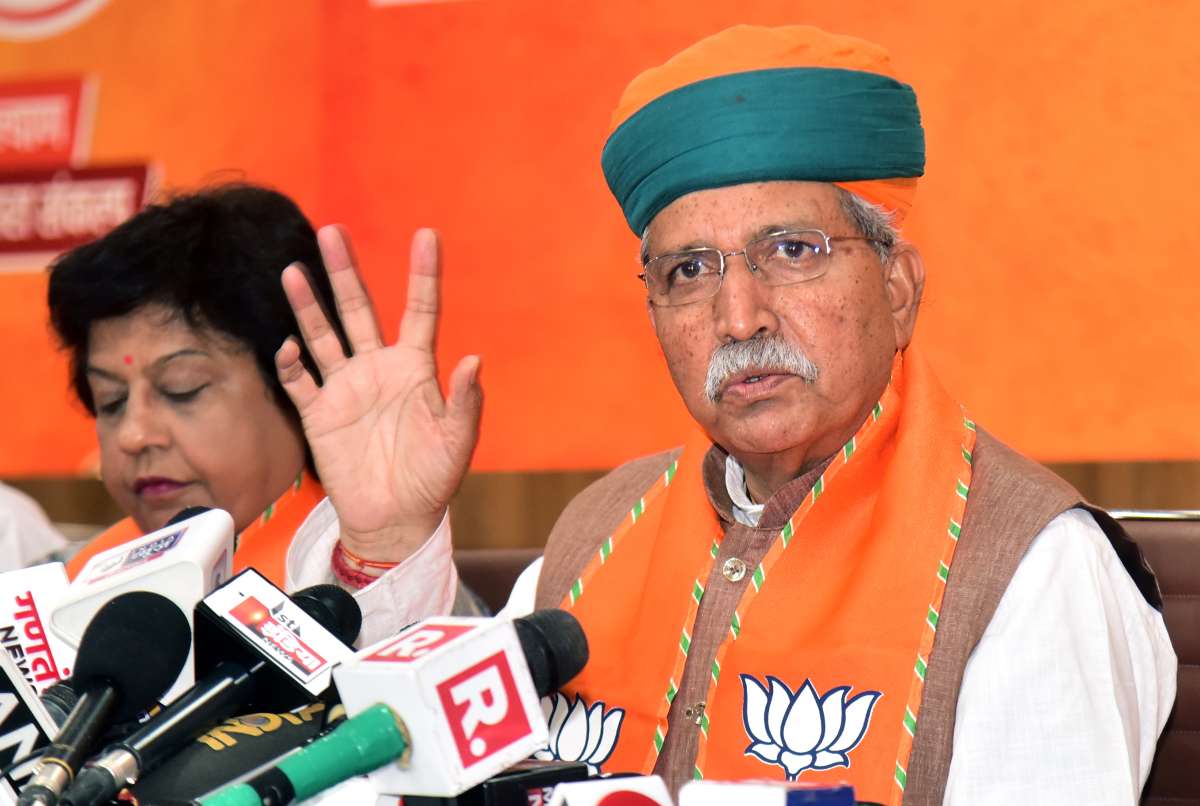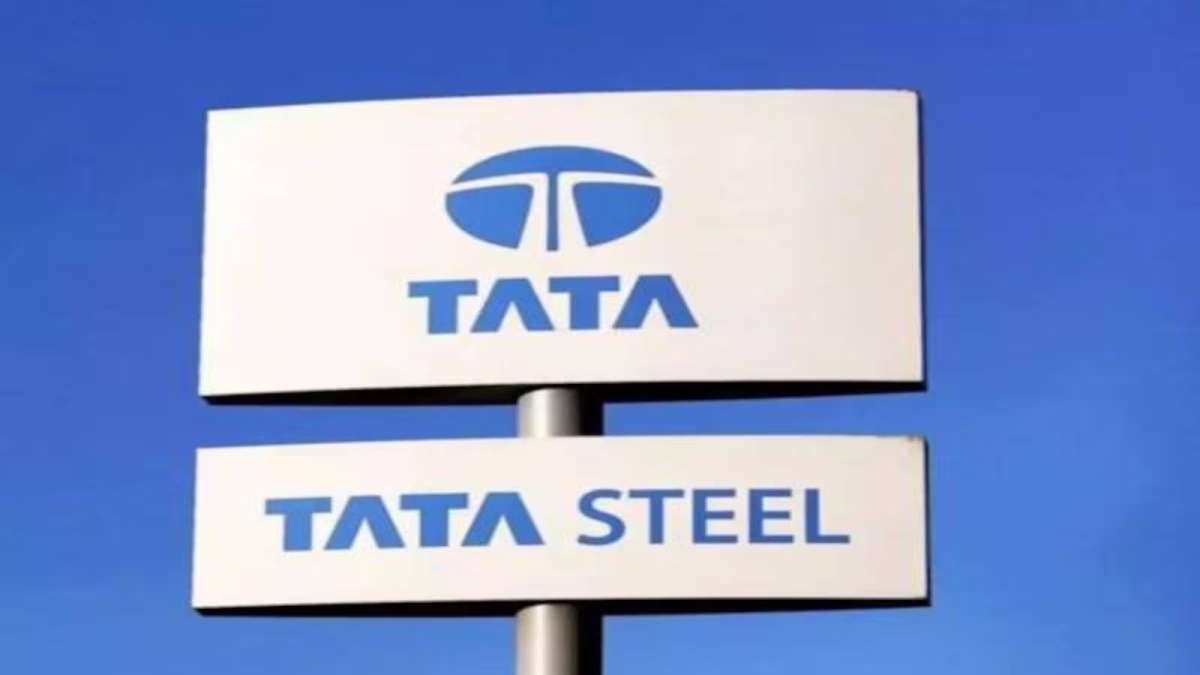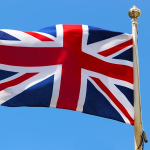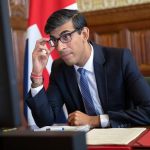Consultancy Capital Economics said that, while the stickiness of wage growth would be a “lingering concern” for the BOE, the rate should soon be on a “firm downward path” as unemployment rises…reports Asian Lite News
UK unemployment unexpectedly rose to its highest level in two and a half years, data showed Tuesday, amid a heated general election campaign in which the economy is a key battleground.
Simultaneous strong wage growth divided opinions from market-watchers mulling the timing of an interest rate cut from the Bank of England.
The rate of unemployment between February and April rose to 4.4%, up from 4.3% in the previous quarter and the highest level since September 2021, the Office for National Statistics said. Economists polled by Reuters had forecast the print would hold steady.
A slew of data also showed the number of payrolled employees was up 0.6% year-on-year in May. Annual growth in wages excluding bonuses remained unchanged at 6% over the three months from February to April, and was 5.9% including bonuses, holding well above the rate of inflation.
“What the Bank of England crucially wants to see is wage inflation fall more than it has, especially with the headline rate of inflation very much near target,” Richard Carter, head of fixed interest research at Quilter Cheviot, said in a note out Tuesday.
“The BOE will be incredibly cautious to cut rates at a period when spending power is high for consumers and potentially triggering a fresh inflationary bout. As such, today’s data will continue to put a dampener on a rate cut in June or August, with November remaining the likeliest date to see that first fall.”
While market pricing on Tuesday suggested next to no chance of a rate cut at the BOE’s June meeting, and a 36% shot in August, that probability rises to nearly 60% for the September deliberations.
Neighboring monetary policymakers at euro area’s central bank began their own path of rate cuts last week.
Consultancy Capital Economics said that, while the stickiness of wage growth would be a “lingering concern” for the BOE, the rate should soon be on a “firm downward path” as unemployment rises.
“Wage growth may not stop the Bank from cutting interest rates for the first time in August, as we are forecasting, as long as other indicators such as pay settlements data and next week’s CPI inflation release show decent progress,” Capital’s deputy chief U.K. economist Ruth Gregory said in a note.
The data comes as politicians trade barbs the state of the economy ahead of a general election in which the ruling Conservative Party is widely expected to be defeated by rivals Labour.
Prime Minister Rishi Sunak, leader of the Conservatives, and Labour leader Keir Starmer are both forefronting economic growth, the cost of living and taxes in their campaign messaging.
In a speech announcing the election date in late May, Sunak said, “We’ve tackled inflation, controlled debt and cut workers’ taxes, increased the state pension by £900, we’ve reduced taxes on investment and seized the opportunities of Brexit to make this the best country in the world to grow a business, put record amounts of funding into our NHS and ensured it’s now training the doctors and nurses it needs for decades to come.”
Starmer argued in a debate last week that the Conservatives have damaged the U.K.’s fiscal credibility and overseen a dire decline in health services.





